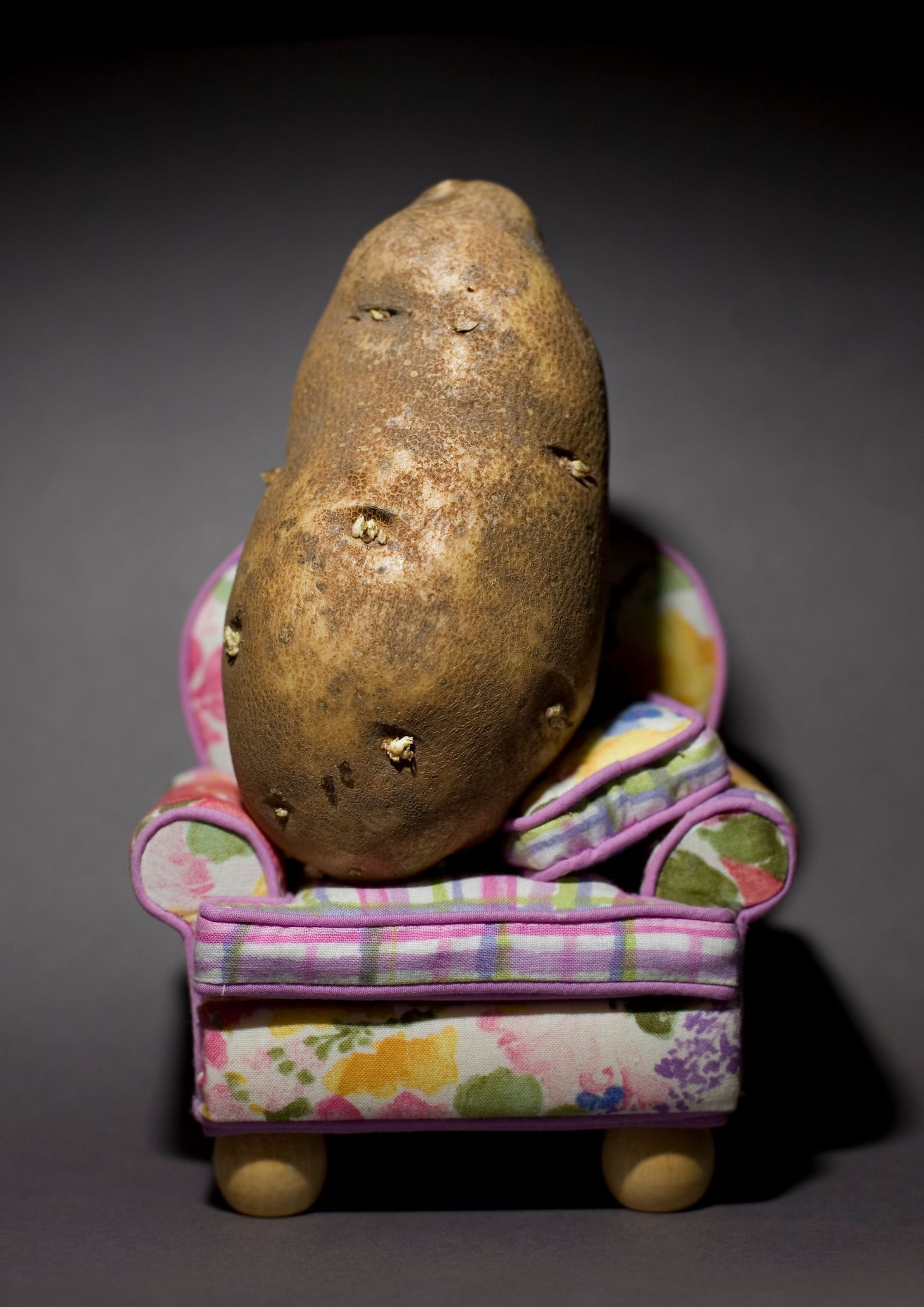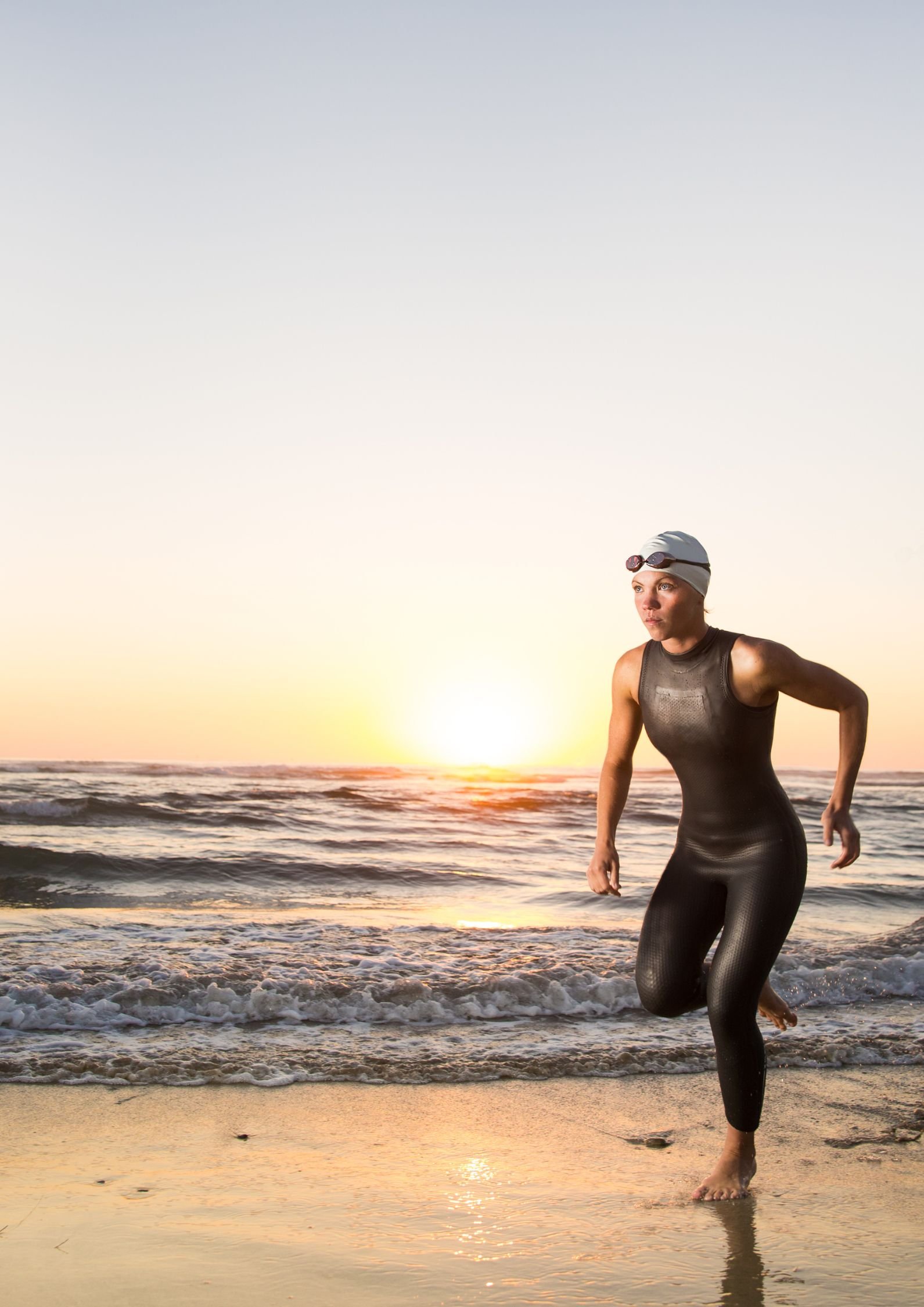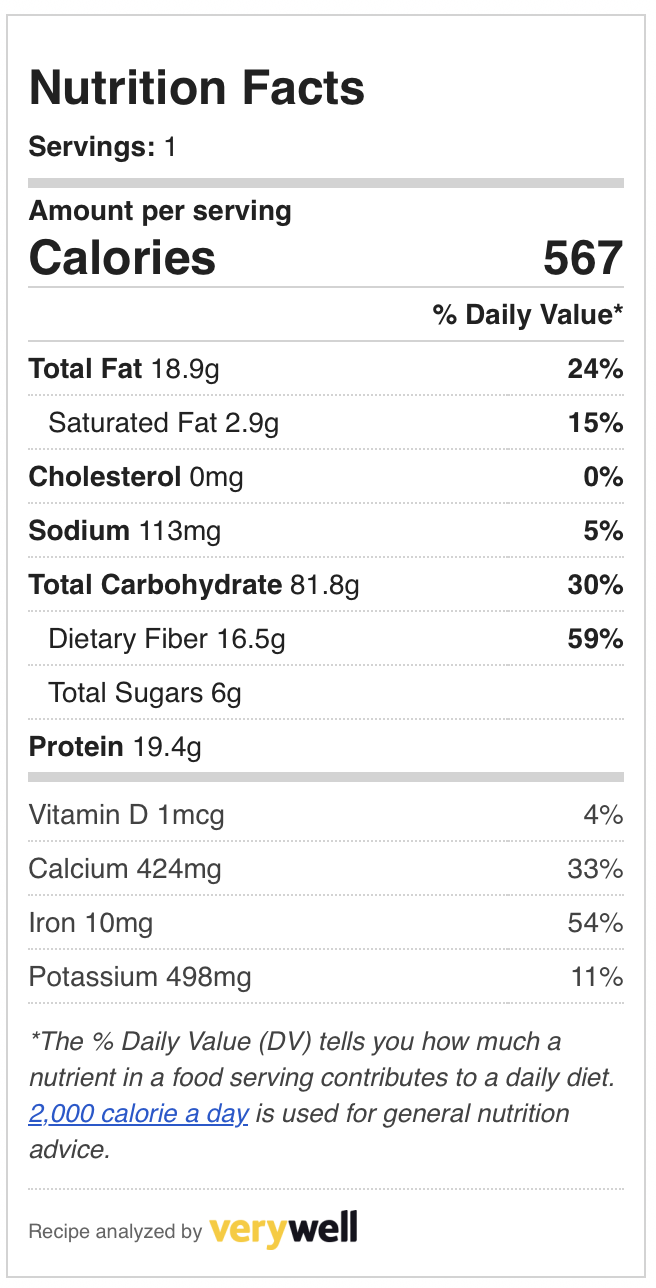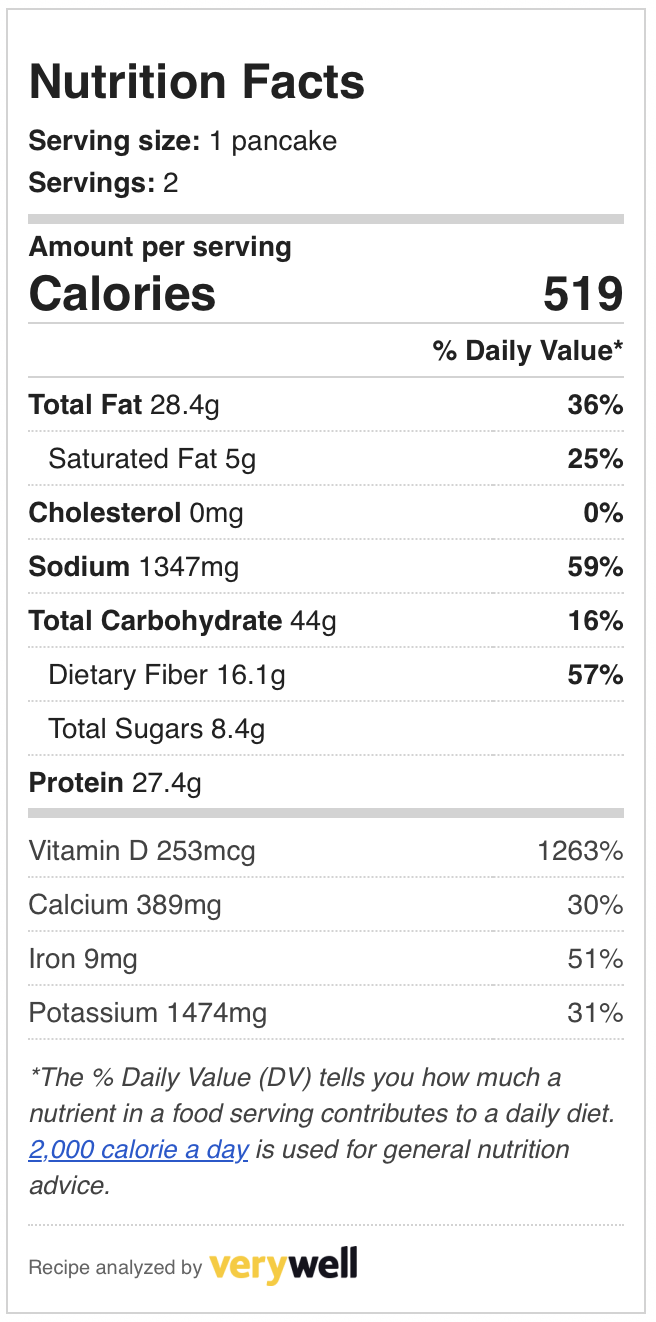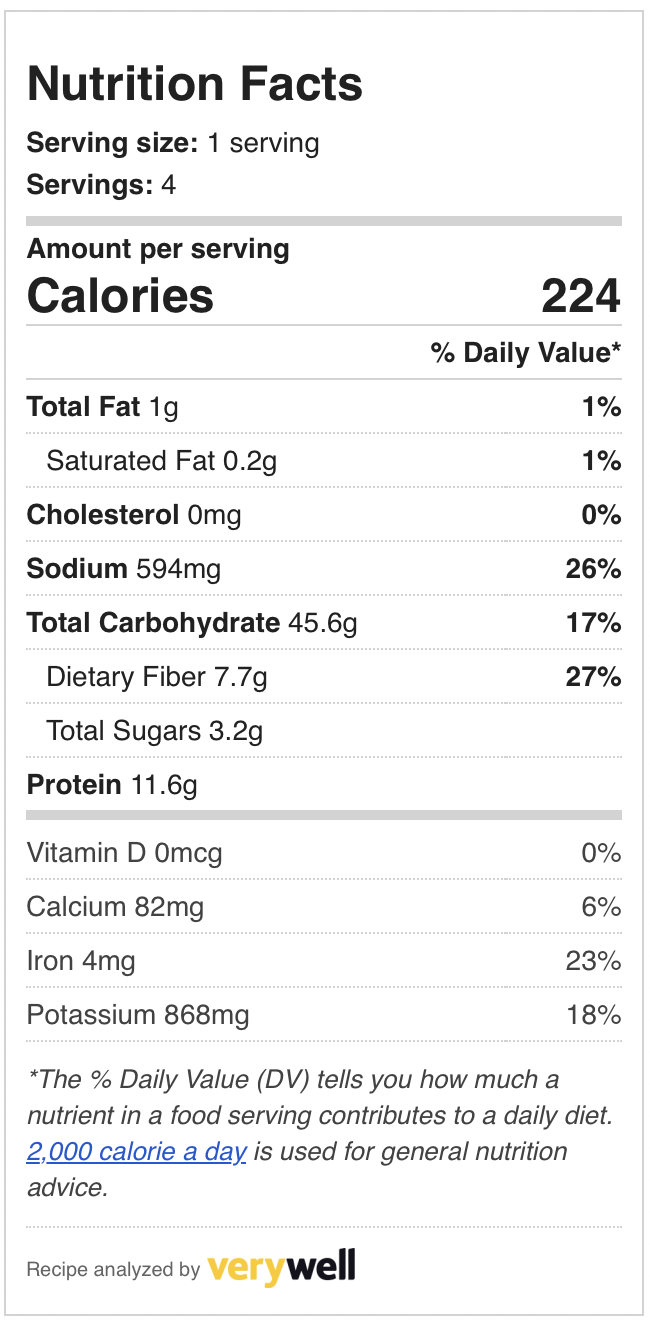Plant-based protein sources
/When it comes to diet myths, some are more persistent than others, and the one that gets a gold medal for persistence is certainly the protein myth. I can't count the number of times I had a protein discussion with people, hoping I won't have to one day. This is my effort towards that day:). I will break down this subject into three parts, answering three questions - "where do you get your protein from?", "what about B12?" and "what about complete protein sources?
What is protein?
Protein is an essential macronutrient. It is the building block of our muscles, bones, skin and other tissue; we need it for growth, repair and maintenance of muscles and bones. Our connective tissue is made of collagen, one of the main types of protein in the body. Haemoglobin, an important molecule that transfers oxygen in the blood from the lungs into the tissues, is another. Proteins are molecules made out of over 20 amino acids. Nine of these are called "essential" because they cannot be made by our body; they need to be provided through food. We will return to those in the final post of the protein series.
How much protein do you need?
The answer is - it depends. If a couch potato is on one end of the scale and an endurance athlete on another, where are you? If you find yourself somewhere in the middle, meaning you might have a sedentary job, but you exercise at least 30 min a day and have your pedometer set to 10000 steps, and you adhere to it religiously, you'll need 0.8 grams per kilo body weight. In my case, that is about 45 grams which I round up to 50-55 due to daily exercise and because plant-based protein sources can be less digestible, so it is recommended to increase the protein intake by about 10%. If you're a couch potato, it's still advisable to eat 0.8 grams, but you could do with less (less calories in general). But, according to the International Society of Sports Nutrition, If you are an endurance athlete, you might want to increase your intake to 1.4 - 1.6 grams per kilo body weight as energy expenditure, especially during peak training, is huge. Children also require a bit more protein per day as well as pre-natal (+6 grams) and post-natal women (+11 for the first 6 months of lactation, +8 for the next six months). Finally, it is good to know that our body cannot store extra protein, so once the needs are met, the remaining energy is stored as fat. In fact, protein deficiency does not exist in the developed world, regardless of diet choice. However, obesity does alongside of micronutrient and fibre deficiency due to unhealthy, processed food diets.
Where do you get your protein (on a plant-based diet)?
There's protein in everything, not only meat, fish and dairy. You might find it surprising that, for example, two tablespoons of peanut butter on toast contains more protein than an egg (8g vs 6g). Three tablespoons of hemp seeds = 9 grams of protein. 100 grams of lentils contains over 20 grams of protein. 100 grams of tofu contains 10-15 g of protein per 100 grams (firm more than soft), while 100 g of tempeh is around 20 grams (and no, soy is not bad for you, I will write about that some other time). 100 grams of white beans contain 8 grams of protein, and mung beans 7 grams. Beans, peas, lentils, nuts, seeds and grains are all a great source of plant-based protein.
Below is an example of breakfast, lunch and dinner (recipes below). Even with 1300 calories (less than an average person needs if not on a restrictive diet), these three meals will get you 58,4 g of protein. In my case, this already surpasses my daily needs by 10%. (Recipes below nutrition facts)
Not all protein is created equal
Finally, there is one more important thing to consider when talking about all macronutrients, not only proteins. Not every protein source is created equal. Apart from being a good protein source, plant-based sources are cholesterol free (or have an insignificant amount) and packed with other nutrients. In the three meals (which, again, were not the only thing I ate), I got enough dietary fibre, full RDV (Recommended Daily Value) of Calcium, 75% of Iron and 50% of potassium, as well as many other micronutrients (vitamins and other minerals).
To summarise, you can get more than enough protein from a plant-based diet, and not only that - plant-based sources of protein are also packed with other macronutrients and micronutrients. On the other hand, apart from being packed with protein, meat and dairy sources are also packed with cholesterol, saturated fat and sodium - all things that cause a plethora of diseases, from cardiovascular to type II diabetes and cancer. In fact, studies show that eating healthy protein sources can lower the risk of several diseases and premature death.
Please let me know if you have any questions regarding anything in this article; feel free to comment and share.
Reference list
Pan A et al. (2012) ‘Red meat consumption and mortality: results from 2 prospective cohort studies’. Archives of internal medicine. 172(7):555-63.
Song M, Fung TT, Hu FB, et al. (2016) ‘Association of Animal and Plant Protein Intake With All-Cause and Cause-Specific Mortality.; JAMA Intern Med., 176(10):1453–1463.



